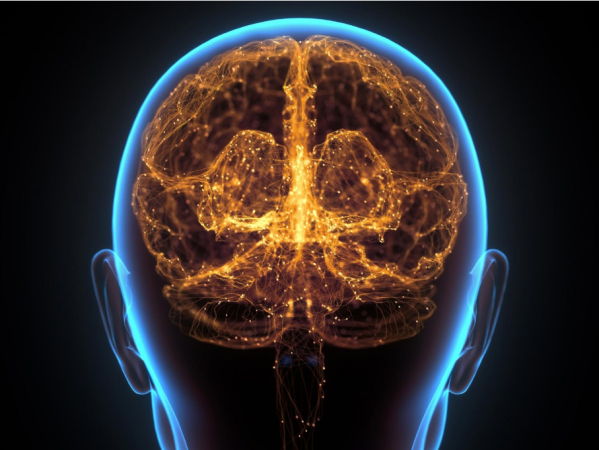Psychopathy and Pain: Why People With Psychopathic Traits May Feel and Understand Pain Differently
Psychopathy is often linked to violent criminals, serial killers, or chilling true crime documentaries on platforms like Netflix. But recent research published in The Conversation reveals a more complex relationship between psychopathy and pain—one that may explain why individuals with high psychopathic traits tend to show reduced empathy.
Understanding the Psychopathy Spectrum
Psychopathic traits exist on a spectrum, and everyone possesses some degree of these characteristics. To be diagnosed as a “psychopath,” however, an individual would typically score high on this scale.
Those with higher psychopathic traits are often more tolerant of pain. For instance, a 2022 study showed that individuals with higher psychopathy levels had lower brain activity when exposed to pressure-induced pain.
How Do People With Psychopathic Traits Experience Pain?
In our latest study, we explored how people with varying levels of psychopathy perceive pain. We used a device that applied gentle but increasing pressure to the fingernails of participants until they reached their personal pain threshold. Then, we administered varying pressure levels and measured both their self-reported pain and their physical reactions through a method called skin conductance response (SCR)—which tracks sweat response in high-attention or fight-or-flight situations.
Surprisingly, participants with high psychopathic traits reported feeling less pain than those with low psychopathy, even though their SCR levels were the same. This suggests a psychological difference in pain interpretation, not a physiological one.
What This Means for Empathy and Risk-Taking
This difference in pain perception may explain why psychopathic individuals often engage in riskier or more aggressive behavior—they may simply not process pain (and its consequences) in the same way as others. Research has long shown that people with psychopathy have a blunted physiological response in threatening situations, likely due to a disconnect between pain and fear or punishment.
In essence, they may not "feel" danger the same way—and this could affect how they relate to the suffering of others.
Empathy for Others' Pain
To test empathy, we showed participants graphic images of painful scenarios—like a foot stepping on broken glass or a hand caught in a door. Participants with high psychopathic traits not only reported less empathy, but they also showed lower SCR readings. This physiological response—or lack thereof—indicates less attention to others' pain.
These findings align with previous studies. For example, in 2015, researchers observed lower brain activity in high-psychopathy individuals when viewing others in distress. Our own systematic review of eight related studies supported this link, further confirming that psychopathy is associated with reduced neural responses to others’ pain.
Why Pain Perception Affects Empathy
Interestingly, research suggests that pain and empathy share the same brain networks. A 2020 review found that individuals with a higher pain tolerance—like those high in psychopathy—may also struggle to process or relate to other people’s pain. If someone doesn’t fully grasp their own pain, their ability to empathize with others may be limited as well.
The Upside: Psychopathy in High-Stress Professions
Importantly, having psychopathic traits does not mean someone is destined to become a criminal. Recent studies, including one from 2022, have shown that some psychopathic traits—like emotional detachment and stress immunity—can be beneficial. Surgeons and emergency medical professionals often exhibit higher levels of these traits, which may help them remain calm and make critical decisions under intense pressure.
Conclusion:
Psychopathy is more than a true crime buzzword. Its complex link with pain perception and empathy helps explain behavioral differences seen in those with high psychopathic traits. While reduced sensitivity to pain might contribute to lower empathy, it can also support emotional resilience in high-stress environments. Understanding these nuances is essential for both psychological research and real-world applications.

